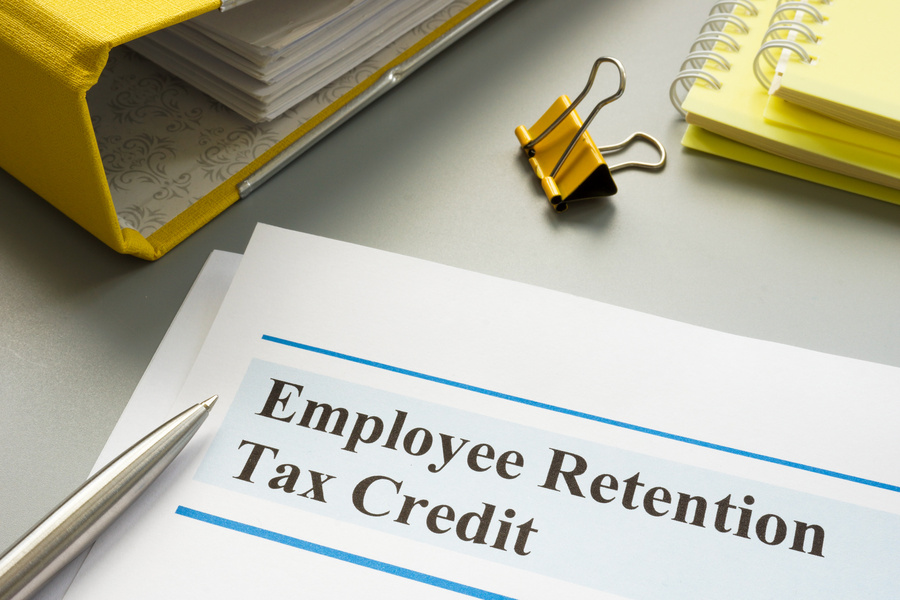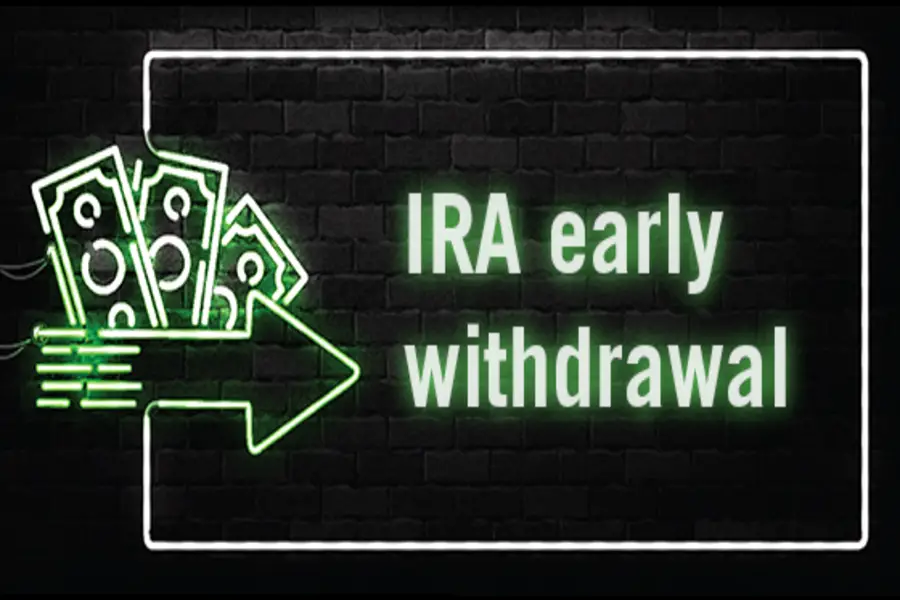As reported via IR-2022-119 on 8/4/2022 People should donate carefully after a disaster After an emergency or disaster, people rally to help victims by donating money. Unfortunately, this can give criminals an opportunity to prey on them by soliciting donations for fake charities. Scammers may also pose as federal agencies to dupe disaster victims trying to get disaster relief. People should always be suspicious of unsolicited contact. Scammers often contact their possible victim by telephone, social media, email or in person. Make sure your money is going to a reputable organization Thieves may pose as a representative of a charity to ask for money or private information from well-intentioned taxpayers. Scammers may set up bogus websites using names that sound like real charities. When a taxpayer searches for a...

By regularly analyzing risk, business owners and executives can better understand and manage the likelihood and potential impact of fraud. In general, there are two types of business risk: inherent and residual. Inherent risk is what exists before management takes steps to mitigate the organization’s exposure. Residual risk is what remains after management has implemented internal controls to reduce and manage threats. Because no program of internal controls can possibly eliminate all threats, residual risk is always a reality. But there are ways to mitigate it. 4 types of internal controls Internal controls generally fall under one of the following categories: Detective. This type is designed to detect fraud already occurring. For example, you might generate a report that lists checks issued twice for the same invoice. Preventive....
The IRS recently announced various inflation-adjusted federal income tax amounts. Here’s a rundown of the amounts that are most likely to affect small businesses and their owners. Rates and brackets If you run your business as a sole proprietorship or pass-through business entity (LLC, partnership or S corporation), the business’s net ordinary income from operations is passed through to you and reported on your personal Form 1040. You then pay the individual federal income tax rates on that income. Here are the 2024 inflation adjusted bracket thresholds. 10% tax bracket: $0 to $11,600 for singles, $0 to $23,200 for married joint filers, $0 to $16,550 for heads of household; Beginning of 12% bracket: $11,601 for singles, $23,201 for married joint filers, $16,551 for heads of household; Beginning of...
The IRS recently announced various 2024 inflation-adjusted federal tax amounts that affect individual taxpayers. Most of the federal income tax rate bracket thresholds are about 5.4% higher than for 2023. That means that you can generally have about 5.4% more income next year without owing more to the federal government. Standard deduction Here are the inflation-adjusted standard deduction numbers for 2024 for those who don’t itemize: $14,600 if you’re single or use married filing separate status (up from $13,850 in 2023). $29,200 if you’re married and file jointly (up from $27,700). $21,900 if you’re a head of household (up from $20,800). Older taxpayers and those who are blind are entitled to additional standard deduction allowances. In 2024 for those age 65 or older or blind, the amounts will be: $1,550...
As posted to the AutoLine Network YouTube Channel on 9/11/2023 (Run Time 10 min, 13 sec) AutoLine's John McElroy interviews Caresoft's Han Ly at the International Motor/Mobility Show in Munich. Caresoft, a company that specializes in vehicle teardowns and benchmarking, provides insights into how Tesla designs its cars for modular assembly, notably how it eliminates fasteners and complexity. (This is Blog Post #1482) John McElroy has been called an influential thought leader in the automotive industry. He created “Autoline Daily,” the first industry webcast of industry news and analysis. He also hosts the Emmy Award-winning television program “Autoline This Week” and co-hosts “Autoline After Hours”, all of which can be found at www.autoline.tv....
As reported via IR-2023-193 on 10/19/2023 Special initiative aimed at helping businesses concerned about an ineligible claim amid aggressive marketing, scams As part of a larger effort to protect small businesses and organizations from scams, the Internal Revenue Service announced the details of a special withdrawal process to help those who filed an Employee Retention Tax Credit (ERTC) claim and are concerned about its accuracy. This new withdrawal option allows certain employers that filed an ERTC claim but have not yet received a refund to withdraw their submission and avoid future repayment, interest and penalties. Employers that submitted an ERTC claim that's still being processed can withdraw their claim and avoid the possibility of getting a refund for which they're ineligible. The IRS created the withdrawal option to help...
If you’re facing a serious cash shortfall, one possible solution is to take an early withdrawal from your traditional IRA. That means one before you’ve reached age 59½. For this purpose, traditional IRAs include simplified employee pension (SEP-IRA) and SIMPLE-IRA accounts. Here’s what you need to know about the tax implications, including when the 10% early withdrawal penalty tax might apply. Penalty may be avoided In almost all cases, all or part of a withdrawal from a traditional IRA will constitute taxable income. The taxable percentage depends on whether you’ve made any nondeductible contributions to your traditional IRAs. If you have, each withdrawal from a traditional IRA consists of a proportionate amount of your total nondeductible contributions. That part is tax-free. The proportionate amount of each withdrawal that...
Is your business depreciating over 30 years the entire cost of constructing the building that houses your enterprise? If so, you should consider a cost segregation study. It may allow you to accelerate depreciation deductions on certain items, thereby reducing taxes and boosting cash flow. Depreciation basics Business buildings generally have a 39-year depreciation period (27.5 years for residential rental properties). In most cases, a business depreciates a building’s structural components, including walls, windows, HVAC systems, elevators, plumbing and wiring, along with the building. Personal property — including equipment, machinery, furniture and fixtures — is eligible for accelerated depreciation, usually over five or seven years. And land improvements, such as fences, outdoor lighting and parking lots, are depreciable over 15 years. Frequently, businesses allocate all or most of...
Buy-sell agreements are a critical tool for closely held businesses and professional practices. The valuation provisions of these agreements play a significant role when buyouts happen. Unfortunately, shareholders in a New York law firm recently learned a hard lesson: While a fixed-value provision has the benefit of simplicity, failure to tie that formula to the business’s current fair market value can prove costly. Lawyers sue In Laurilliard v. McNamee Lochner, P.C. (No. 904245-22, N.Y. Supr. Ct. June 29, 2023), a New York trial court forced two law firm shareholders, who had practiced with the firm for decades, to surrender their shares for only $100 each. The court denied the terminated shareholders’ claim, which alleged their old firm and nine of its shareholders had anticipatorily breached the shareholders’...
Restricted stock awards are a popular way for companies to offer equity-oriented executive compensation. Some businesses offer them instead of stock option awards. The reason: Options can lose most or all of their value if the price of the underlying stock takes a dive. But with restricted stock, if the stock price goes down, your company can issue you additional restricted shares to make up the difference. Restricted stock basics In a typical restricted stock deal, you receive company stock subject to one or more restrictions. The most common restriction is that you must continue working for the company until a certain date. If you leave before then, you forfeit the restricted shares, which are usually issued at minimal or no cost to you. To be clear, the...
- 1
- 2
- 3
- 4
- 5
- 6
- 7
- 8
- 9
- 10
- 11
- 12
- 13
- 14
- 15
- 16
- 17
- 18
- 19
- 20
- 21
- 22
- 23
- 24
- 25
- 26
- 27
- 28
- 29
- 30
- 31
- 32
- 33
- 34
- 35
- 36
- 37
- 38
- 39
- 40
- 41
- 42
- 43
- 44
- 45
- 46
- 47
- 48
- 49
- 50
- 51
- 52
- 53
- 54
- 55
- 56
- 57
- 58
- 59
- 60
- 61
- 62
- 63
- 64
- 65
- 66
- 67
- 68
- 69
- 70
- 71
- 72
- 73
- 74
- 75
- 76
- 77
- 78
- 79
- 80
- 81
- 82
- 83
- 84
- 85
- 86
- 87
- 88
- 89
- 90
- 91
- 92
- 93
- 94
- 95
- 96
- 97
- 98
- 99
- 100
- 101
- 102
- 103
- 104
- 105
- 106
- 107
- 108
- 109
- 110
- 111
- 112
- 113
- 114
- 115
- 116
- 117
- 118
- 119
- 120
- 121
- 122
- 123
- 124
- 125
- 126
- 127
- 128
- 129
- 130
- 131
- 132
- 133
- 134
- 135
- 136
- 137
- 138
- 139
- 140
- 141
- 142
- 143
- 144
- 145
- 146
- 147
- 148
- 149
- 150
- 151











